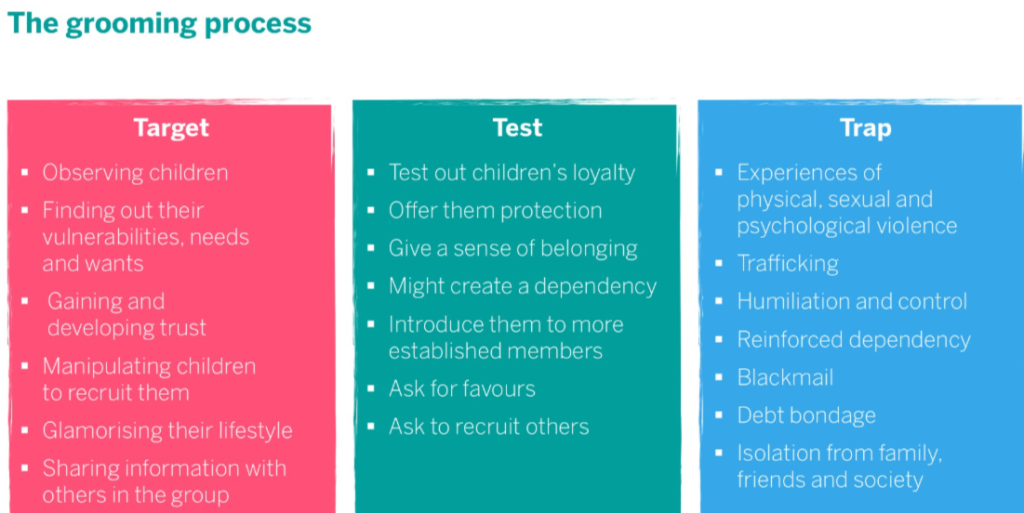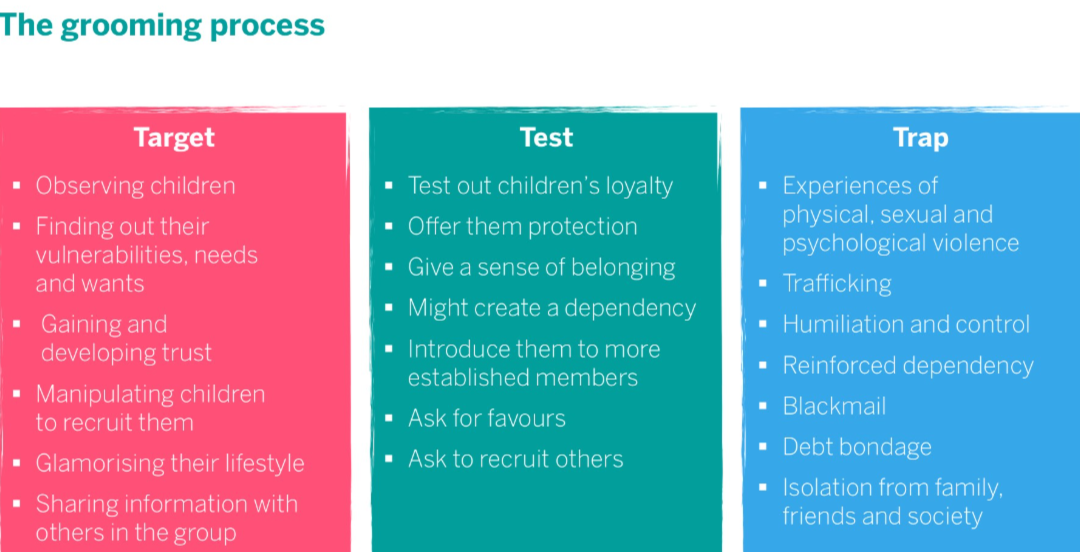(5 minutes reading time)
If you are a child of any age, or worried about a child, you can contact Childline for confidential help and services that will help you and tell you how to get to safety or keep yourself safe. Contacting Childline Call us free on 0800 1111 or find out how to get in touch online. Whatever your worry, day or night, we’re here for you. Click here.
Adults of child sexual abuse or sexual violence or domestic abuse
If you are an adult and need to talk urgently to a safe, confidential professional helpline service, call the Samaritans on 116 123 NOW and if you are going to take action to take your own life, go straight to A & E at your nearest hospital and tell them what you are planning to do.
Please read on …
“Everybody lived that way.” ” What makes me so special?”
Are you a child of the 40s, 50s, 60s, 70s 80s, 90s?
This article explores how those days were accepting of what we now know to be unacceptable behaviour and how family members still use inappropriate language which prevents victims of abuse getting the support and help they need to heal and overcome their trauma.
Do you feel stuck in your head?
The language used by professionals and society reinforces the shame and guilt felt by victim or survivor. This can enable abusers to continue and isolate victims, reaffirming ‘us vs them’. This can create a barrier between the victim and safeguarding professionals and reinforce:
“No one believes me.”
What professionals say …
“They’re being difficult or awkward”
“They’re in a relationship”
“It was their choice”
“They took the money”
What society says …
“They’re a troublemaker”
“They were asking for it”
“Why didn’t they fight back?”
“Why didn’t they leave?”
How victim shaming makes a survivor feel ...
“They’re pretending to care”
“They think it’s my fault”
“It’ll get worse if I try to get out”
“Nobody will believe me”
“I can’t trust anyone”
“They (the abuser) were right”
“Nothing will change“
Today, we are aware of exploitation, grooming, emotional manipulation and abuse, verbal abuse, physical abuse, financial abuse, sexual abuse and more.
Do you know what exploitation and abuse is?
Anyone can be a victim of grooming. It is very subtle. Especially if you are desperately seeking love, validation and hope of a better life.
Domestic Abuse
Fawning is a trauma response that often develops in people who have lived with domestic abuse. It involves prioritising the abuser’s needs, appeasing them, and trying to avoid conflict at all costs—often by suppressing your own feelings, needs, and identity. This behaviour can become deeply ingrained, as a means of survival, rooted in the belief that being agreeable or invisible is the safest way to avoid emotional or physical harm. Over time, fawning can lead to a loss of self and make it difficult to set boundaries or recognise your own worth. It provides the ideal conditions for child and adult grooming.
Sexual Violence
Sexual violence is not about desire—it’s about power, control, and domination. Perpetrators use it as a tool to overpower, humiliate, and dehumanise their victim, asserting control in the most personal and violating way. This kind of violence strips the victim of autonomy, leaving them feeling powerless, silenced, and often disconnected from their own body. The trauma can have long-lasting psychological, emotional, and physical impacts. Healing begins with reclaiming that lost power—through safety, support, validation, and the opportunity to reconnect with the self on your own terms.

You never have to accept abuse—at any stage of your life. No matter what you’ve experienced that led you to believe you’re unworthy of safety or peace, please know this: that belief is not true.
Everyone deserves to live in an environment that is safe, respectful, and free from harm. Even if you’ve reached out for help before and felt unheard or unsupported, that doesn’t mean support isn’t out there. It is.
Abuse and exploitation can happen to anyone, regardless of background or circumstances. If you or someone in your family—perhaps even a child—has experienced abuse, you are not alone. There is help, and there is hope for a better life.
Do your own family members use inappropriate language?
“Victim blaming language exacerbates the trauma experienced by survivors of abuse and hinders their access to justice and support. Serious case reviews highlight the profound negative effect of victim blaming language on victims themselves and on professional and public perceptions of victims, often leaving them in unsafe and abusive circumstances. This article underscores the critical importance of avoiding victim blaming language in all forms of communication as it ensures that the language used supports, rather than harms, victims.”
“It is imperative that appropriate terminology is used when discussing children and people who have been exploited or abused or who are at risk of exploitation and abuse. Language implying that the child or person is responsible in any way for abuse and crime that they are subjected to must be avoided to make sure that we safeguard them appropriately. It is also important to recognise that a child cannot consent to their own harm.” – The Children Society
“It feels like no one cares.”
“When this happens I feel worthless.”
“My abuser is right.”
Does your mother blame you?
I work with victims of child abuse, for example, whose mother is still with the perpetrator and she talks to her grown up child as though she took her man. Some mothers even call their daughter “a slut.” This is a word created by men to control women. Children can never be responsible for their abuse. Read about family shame here.
How language can hold the victim in a state of trauma.
Some family members invite the perpetrator to family events as though they can’t take sides. Family members can unwittingly isolate the victim of abuse by their language, their outdated beliefs and actions. And enable the perpetrator to be accepted into the family by not taking any action.
Family might say, “forgive.” If the victim of child abuse asks family members “why is she like that?” They reply, “because she wants to be with him” as though it is a love story and the mother can make that choice. Child protection needs to come first, but often it doesn’t and the victim of child abuse is stuck in their head, struggling alone. They internalise, maybe it is my fault if everyone who loves me thinks so.
When a mother puts her own survival needs before her child and the family do not step in.
Safeguarding children is EVERYONE’S RESPONSIBILITY!
When families or others respond poorly to a child’s disclosure of abuse, it can deepen the survivor’s shame and confusion. It sends the message that the abuser was right—that no one cares, no one will listen, and that the abuse was somehow their fault. This is especially damaging when blame is placed on the child for things like accepting a gift, going somewhere they were told to, or following directions.
It is never the child’s fault. They were simply doing what children are taught to do—listen to adults and be “good.” As adults, it’s our responsibility to create a safe space, believe them, and stand by them—no matter what.
Are you ready to talk?
I offer a low-cost confidential service. I offer space to speak, find your voice, be really heard and validated. I am a trained professional counsellor who specialises in anxiety and trauma. Make an appointment to meet me and tell me what you want from counselling. See if you feel comfortable. The first session is over Zoom for both of our safety and then you can do sessions over Zoom from your own home or in person in mine, in my safe, comfortable therapy room.
Book your appointment today
Click here and book a free initial consultation with me today. Read what people are saying about working with me in counselling here. I hold a private, confidential space for you. I’m looking forward to meeting you and hearing you very soon. Best wishes, Karen.
Disclaimer: I am a UK qualified person centred counsellor specialising in anxiety and trauma within the context of counselling. I write from my experiences and from my client work in counselling. My work is dependent on the therapeutic relationship and the meeting of two minds. It is a humbling experience and that is all part of the healing process that I witness every day. It is the best job in the world. This is not an emergency service. If you need to speak to someone urgently outside of my sessions, please call the Samaritans on 116 123 (24/7 confidential helpline in the UK).

